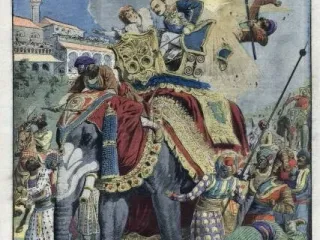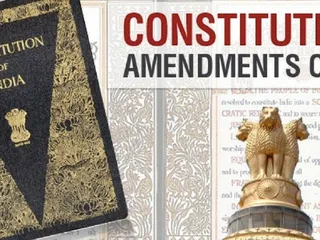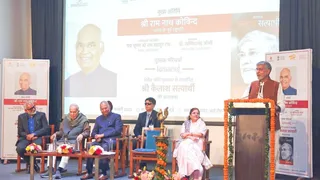Sardar Udham Singh, a name synonymous with unwavering dedication and revolutionary fervor, remains a significant figure in India's struggle for independence. His life, marked by tragedy and a relentless pursuit of justice, continues to inspire debate and admiration. Born Sher Singh in 1899 in Sunam, Punjab, his early life was shaped by the prevalent socio-political climate of British India. Witnessing firsthand the brutal realities of colonial rule, including the devastating impact of the First World War, profoundly influenced his worldview.
The Jallianwala Bagh massacre of 1919 served as a pivotal moment in shaping Udham Singh's destiny. The indiscriminate killing of hundreds of unarmed Indian civilians by British troops under the command of General Reginald Dyer left an indelible mark on his psyche. This horrific event fueled his burning desire for revenge and ignited his commitment to the Indian independence movement.
Following the massacre, Udham Singh actively participated in revolutionary activities, becoming a member of the Ghadar Party, an organization dedicated to overthrowing British rule in India. He was involved in various revolutionary movements, including the acquisition and distribution of weapons and the organization of protests. However, his activities often landed him in trouble with the British authorities, leading to imprisonment and periods of exile.
Driven by his unwavering commitment to avenge the Jallianwala Bagh massacre, Udham Singh meticulously planned and executed the assassination of Sir Michael O'Dwyer, the Lieutenant Governor of Punjab during the massacre, in London in 1940. O'Dwyer was held directly responsible for ordering the killings. Udham Singh's act, though controversial, was seen by many as a symbol of resistance against British oppression and a powerful statement against the injustices inflicted upon the Indian people.
Following his arrest, Udham Singh faced trial in Britain. He openly admitted to the assassination, explaining his actions and motivations in a powerful and defiant statement to the court. His unflinching courage and unwavering conviction in his actions captivated many, both in India and abroad. He was ultimately sentenced to death and executed on July 31, 1940. His last words, reportedly, were a declaration of his unwavering commitment to Indian freedom.
The legacy of Sardar Udham Singh is complex and multifaceted. While some criticize his methods, his actions remain a potent symbol of resistance against injustice and colonial oppression. He represents the unwavering spirit of those who fought for India's independence, highlighting the deep-seated anger and resentment that fueled the struggle against British rule. His story continues to resonate with generations, serving as a reminder of the sacrifices made in the pursuit of freedom and self-determination.
His life serves as a compelling case study in the complexities of revolutionary action and the lasting impact of historical events. Sardar Udham Singh’s unwavering resolve, even in the face of death, immortalized him as a legendary figure in Indian history, a symbol of resistance, and a testament to the power of individual conviction.






























